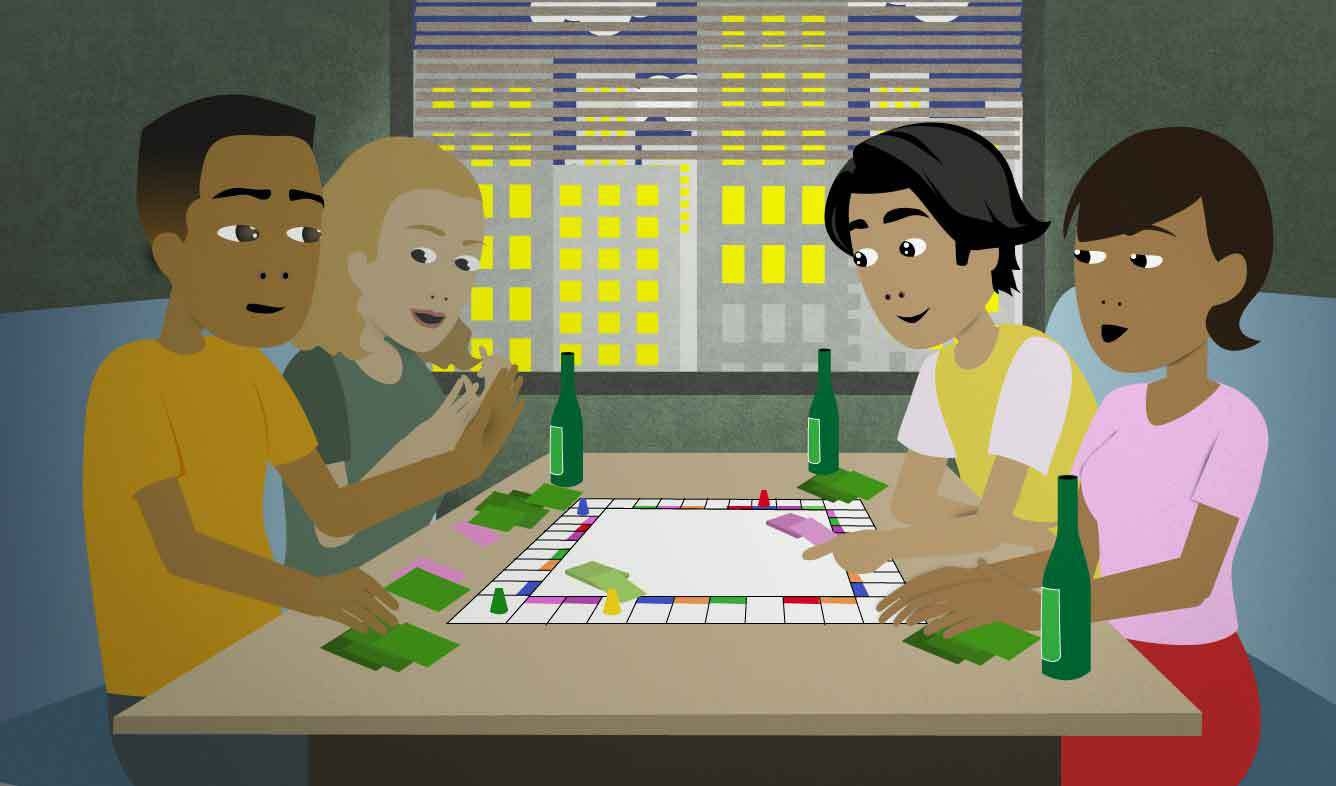“Whose move is it?”
You're playing a board game with a group of friends. Everyone has been chatting and having fun, so you haven't been paying attention to the game. You ask which player is next.
Whose move is it?
Want Video and Sound? Follow us on YouTube

Whose (something) is it?
In English, we have a lot of sentences like these:
It’s my birthday!
It’s really nice out today.
...where “it” doesn’t have any particular meaning, but we need to use it. Asking “___ ___ is it?” is the question form for one of these sentences:
Whose birthday is it?
How nice is it outside?
We still need “it” in these sentences because the sentence needs a subject.
(someone’s) move
When we play a board game, each person usually has a small game piece, which they move according to the rules of the game. When it is someone’s turn to move their piece, we call it a “move.”
I’m planning my next move.
Ooh, that’s a risky move.
In other situations, such as sports, business, and politics, a “move” is an action with a goal in mind:
That was a really bad political move.
